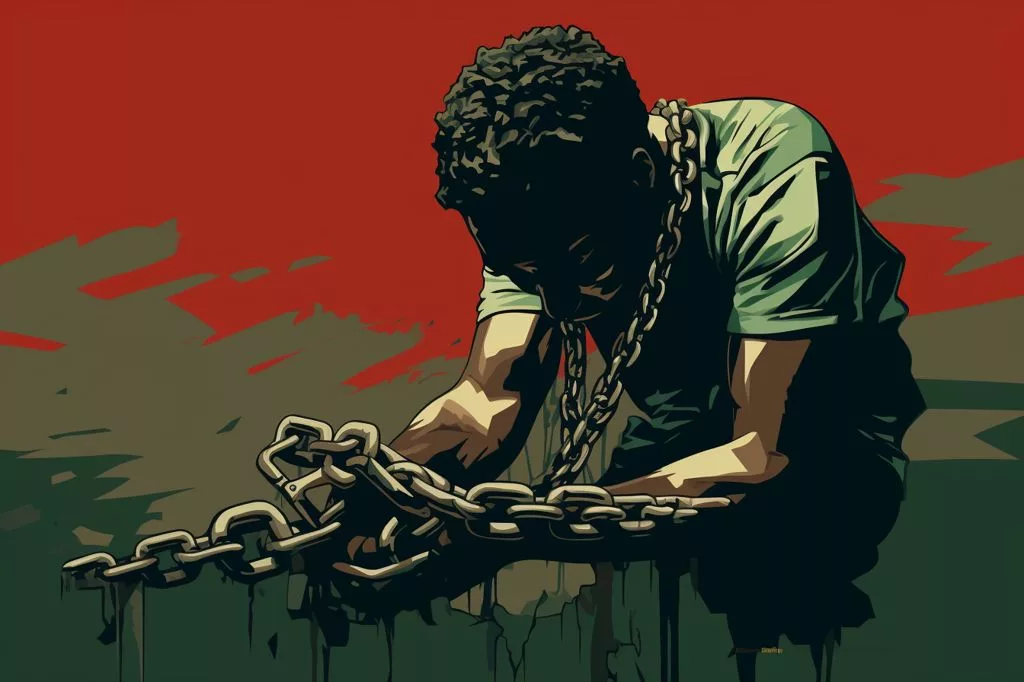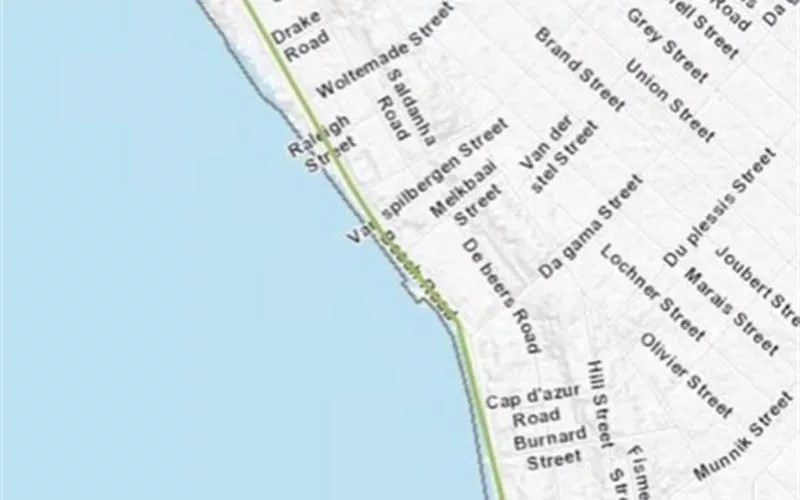South Africa has been declared non-compliant with the World Anti-Doping Code, causing turmoil within the country’s sports sector. The announcement came after legislative issues, which officials are now addressing through the adoption and presentation of the South African Institute for Drug-Free Sport Amendment Bill to the Cabinet. South Africa’s fight for compliance also extends to an appeal via the Court of Arbitration in Sport against the imposed sanctions by WADA. The result of their endeavors to regain compliance with the World Anti-Doping Code will determine the future of South African sports and serve as a warning to other nations.
What is the World Anti-Doping Code, and why was South Africa declared non-compliant?
The World Anti-Doping Code was established to maintain fair play in sports, and South Africa was recently declared non-compliant, causing turmoil within the country’s sports sector. The announcement came after legislative issues, which the country’s officials are now addressing through the adoption and presentation of the South African Institute for Drug-Free Sport Amendment Bill to the Cabinet. South Africa’s fight for compliance also extends to an appeal via the Court of Arbitration in Sport against the imposed sanctions by WADA.
South Africa’s Non-Compliance Declaration and Response
The intensifying competition in the realm of sports has prompted the international community to establish the World Anti-Doping Agency (WADA) to maintain fair play. WADA is responsible for formulating the World Anti-Doping Code, which South Africa was recently declared non-compliant with, causing turmoil within the country’s sports sector. Athletes, government, and sports organizations are now striving to address this issue and redeem their reputation in the global sports arena.
The announcement of South Africa’s non-compliance came on September 22, 2023, after WADA’s Compliance Review Committee had recommended it. The executive committee subsequently approved this recommendation, prompting immediate action from South African officials. Minister of Sport, Arts, and Culture, the Honorable Zizi Kodwa, has become a pivotal figure in the country’s efforts to regain compliance status.
Minister Kodwa and the Department of Sport, Arts, and Culture promptly addressed the legislative issues that led to the non-compliance declaration by adopting and presenting the South African Institute for Drug-Free Sport (SAIDS) Amendment Bill to the Cabinet. Once approved, the Bill will be considered and passed by Parliament. This commitment to rectify legislation has inspired optimism among South African officials, with Minister Kodwa expressing confidence that WADA will acknowledge their efforts and suspend the non-compliance declaration.
Challenging the Declaration and Sanctions
South Africa’s fight for compliance extends beyond legislative action. Minister Kodwa has also directed SAIDS to file a notice challenging WADA’s declaration through the Court of Arbitration in Sport (CAS). The appeal’s grounds are considered robust, and the imposed sanctions by WADA are deemed unsuitable. The ban on flying the South African flag at regional, continental, and World Championships and Events has sparked controversy, as it is seen as an unfair punishment for athletes representing their country with pride.
The decision to appeal the declaration has significant ramifications for South African sports. While the challenge is awaiting a decision from the Court of Arbitration in Sport, the flag-related sanctions are provisionally suspended. Until CAS makes a ruling, the South African flag can still fly at major events, such as the Cricket and Rugby World Cups. The result of the appeal will undeniably have far-reaching consequences for the nation’s sports future.
Balancing International Demands and Domestic Processes
Amid this upheaval, the controversy surrounding the national anthem’s singing has become entwined with the broader debate over non-compliance. Critics have exploited this issue to target the government and the ruling African National Congress (ANC). However, these political attacks obscure the intricate realities underlying the non-compliance issue. As a constitutional democracy, South Africa must delicately balance meeting international sports bodies’ expectations and adhering to its legislative procedures. This dilemma highlights the challenges faced by countries trying to conform to the World Anti-Doping Code while protecting their sovereign rights and democratic values.
As South Africa wrestles with these challenges, sports enthusiasts, athletes, and administrators eagerly await the outcome. The result of their endeavors to regain compliance with the World Anti-Doping Code will not only determine the future of South African sports but will also serve as a warning to other nations navigating the complicated realm of international sports governance. In such high-stake circumstances, it is crucial for South Africa’s leaders to maintain a constructive dialogue with WADA while addressing the domestic legislative obstacles that have led to this crisis. Only then can the country hope to emerge from this tumultuous period with a renewed dedication to fair play and the values that underpin the world of sports.
1. What is the World Anti-Doping Code, and why was South Africa declared non-compliant?
The World Anti-Doping Code was established to maintain fair play in sports, and South Africa was recently declared non-compliant due to legislative issues. Officials are now addressing this through the adoption and presentation of the South African Institute for Drug-Free Sport Amendment Bill to the Cabinet.
2. When was South Africa declared non-compliant with the World Anti-Doping Code?
South Africa was declared non-compliant on September 22, 2023, by the Compliance Review Committee of the World Anti-Doping Agency.
3. What is the South African Institute for Drug-Free Sport Amendment Bill?
The South African Institute for Drug-Free Sport Amendment Bill is legislation proposed to address the issues that led to South Africa’s non-compliance with the World Anti-Doping Code. It is expected to be considered and passed by Parliament once approved by the Cabinet.
4. Who is Minister Zizi Kodwa, and what is his role in South Africa’s fight for compliance?
Minister Zizi Kodwa is the Minister of Sport, Arts, and Culture in South Africa and has become a pivotal figure in the country’s efforts to regain compliance status with the World Anti-Doping Code.
5. What is the Court of Arbitration in Sport, and why is South Africa appealing WADA’s declaration?
The Court of Arbitration in Sport (CAS) is an independent institution that resolves disputes arising in the world of sports. South Africa is appealing WADA’s non-compliance declaration through CAS due to the perceived unsuitability of the imposed sanctions.
6. What are the sanctions imposed by WADA on South Africa?
The sanctions imposed by WADA on South Africa include a ban on flying the South African flag at regional, continental, and World Championships and Events.
7. What is the controversy surrounding the national anthem’s singing in South Africa, and how is it related to non-compliance?
The controversy surrounding the national anthem’s singing in South Africa has become entwined with the broader debate over non-compliance. Critics have used this issue to target the government and the ruling African National Congress (ANC), but it does not directly relate to the legislative issues that led to non-compliance.
8. What are the challenges faced by countries trying to conform to the World Anti-Doping Code?
Countries trying to conform to the World Anti-Doping Code must delicately balance meeting international sports bodies’ expectations and adhering to their legislative procedures. This can pose a challenge for countries trying to protect their sovereign rights and democratic values while conforming to international standards.








